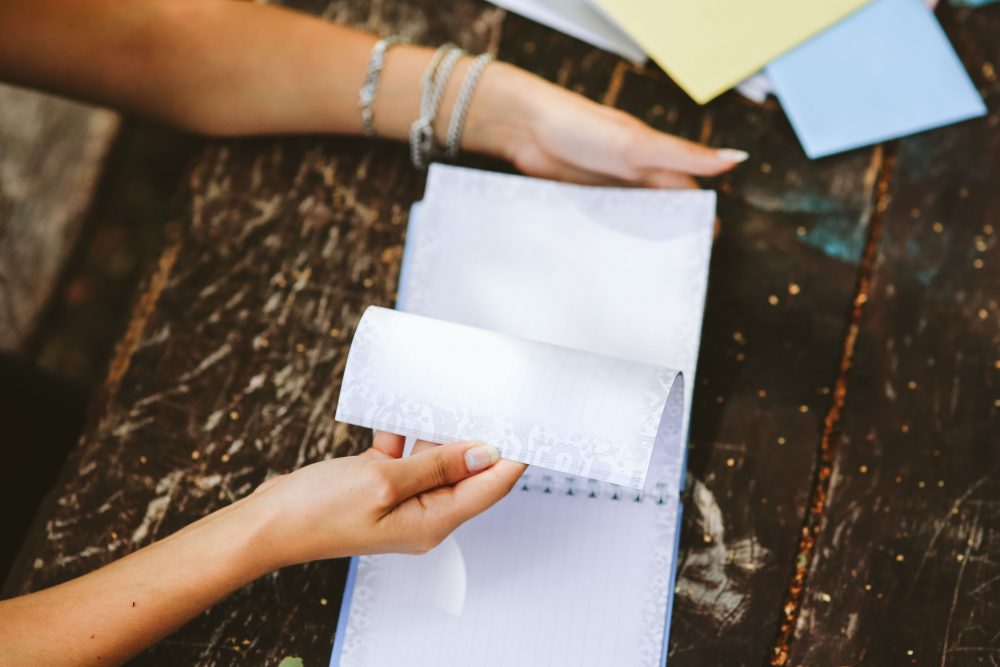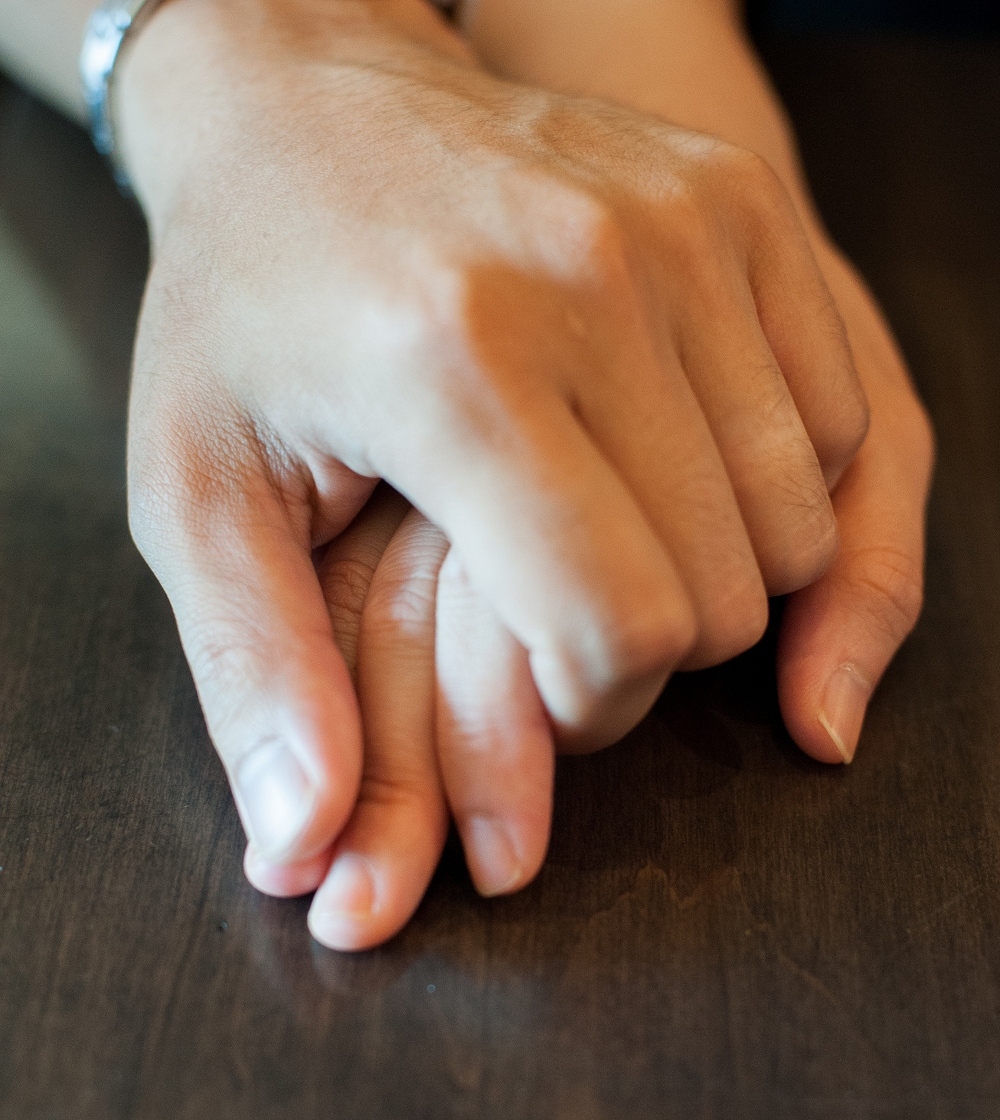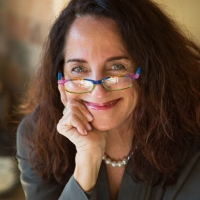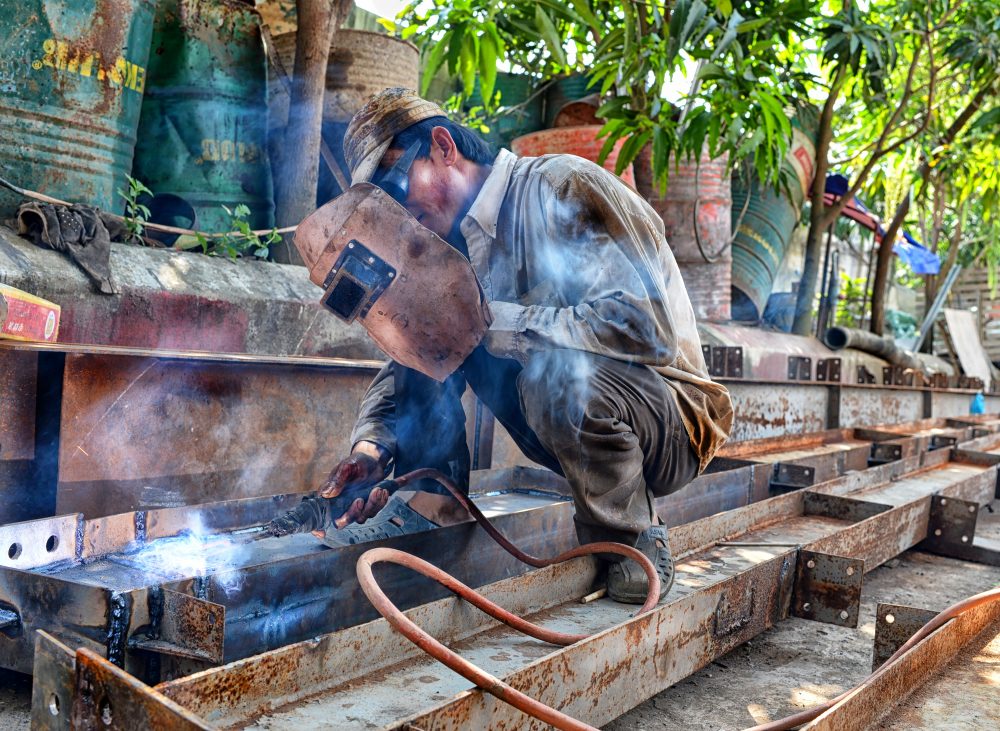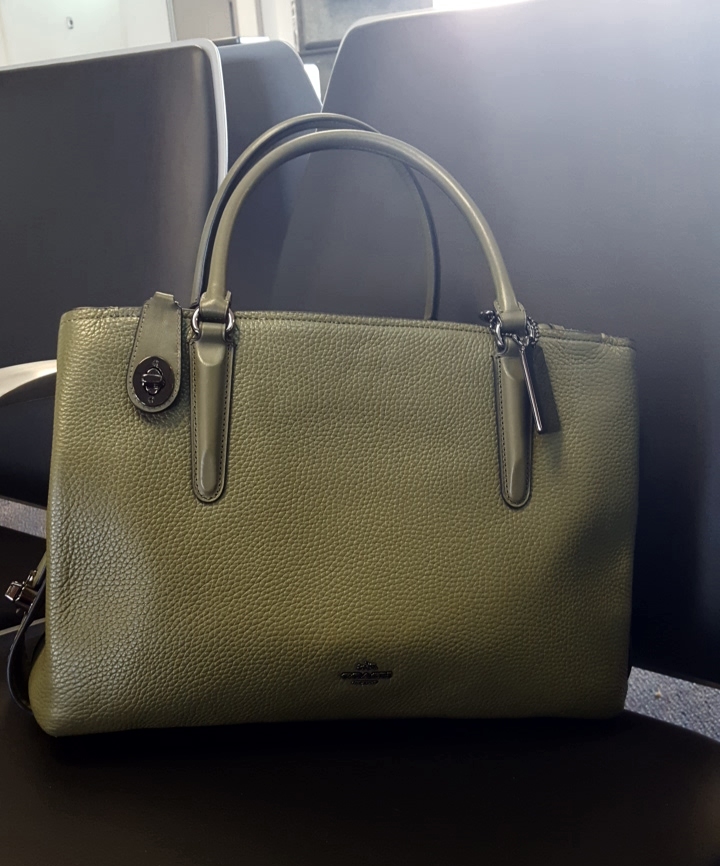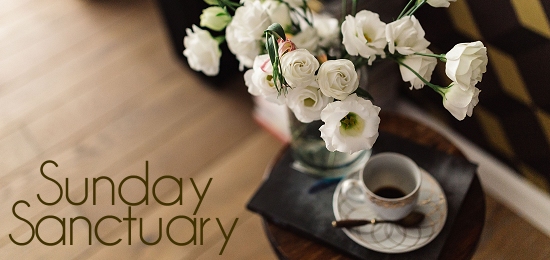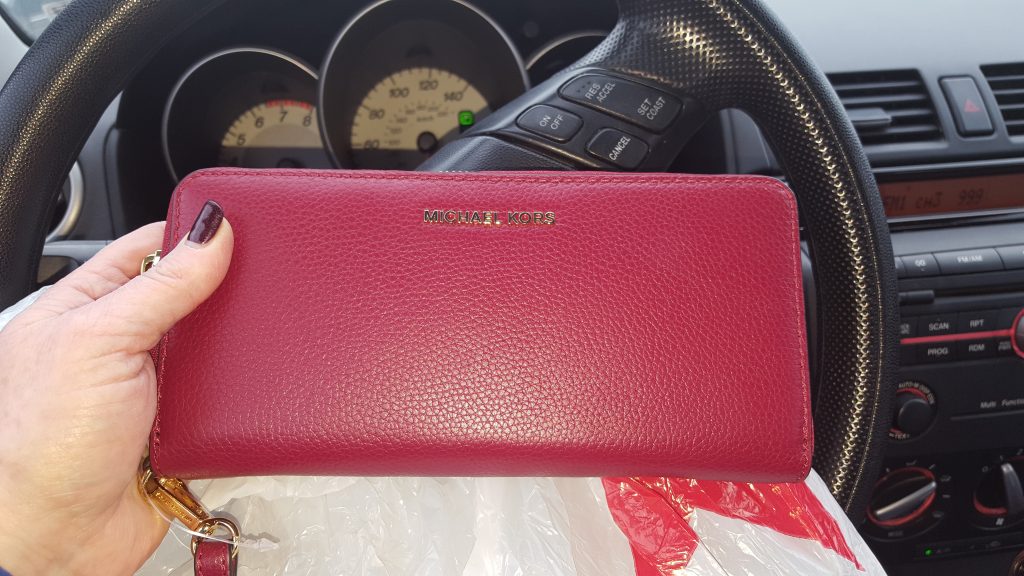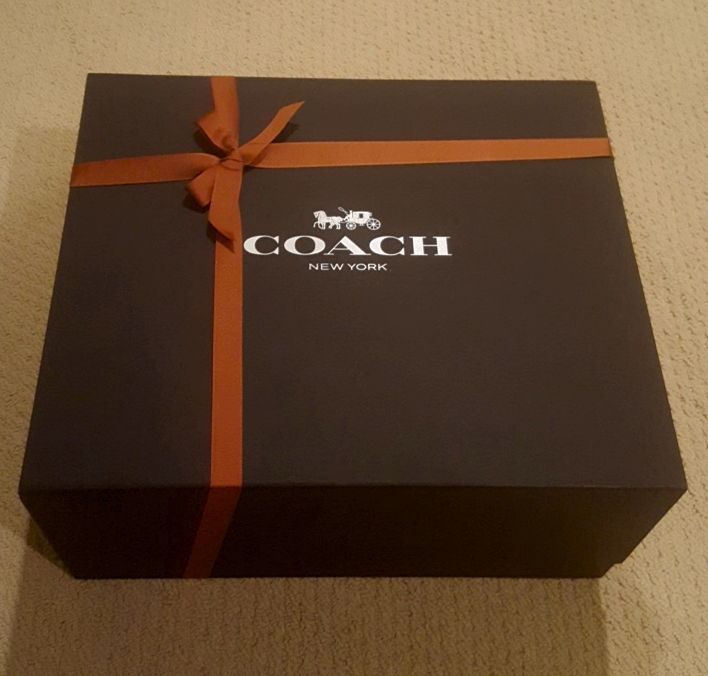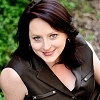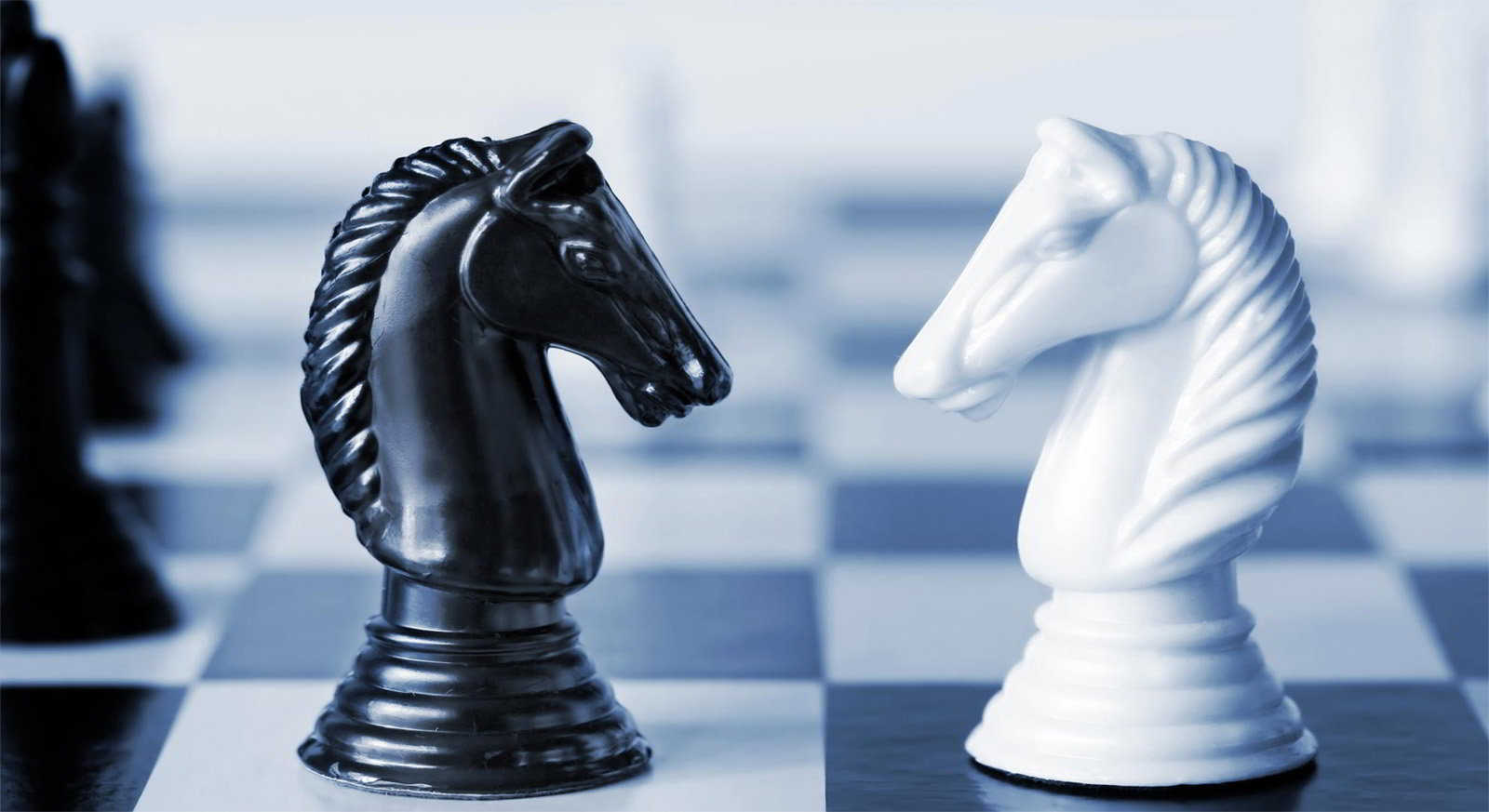
When I was a little girl, I believed in good and evil.
I watched movies about wide-eyed heroes overcoming villains with pronounced mustaches. Just like all of us, I believed I was one of the “good guys” and played with my friends that there was an unnamed, faceless enemy out there who would do anything in his power to destroy us. Like young children do, I believed unquestioningly that I would always triumph over that evil.
That good was stronger than bad.
Pondering how my life experiences began to forge cracks in that dogma, I recall a friend from Sunday School (let’s call her Heather). She had invited me over to her house for a sleepover. I say friend, but we were really more acquaintances. We’d been in the same group for a couple of years and in hindsight I almost wonder if the sleepover was her idea or her mom’s.
She spent the first part of the evening showing me around her room and some of her dolls, which were beautiful and dressed in what seemed to me at the time to be lush and extravagant outfits. She had her own dog, a lot of toys, and her own computer, which impressed me.
“Wow, your parents let you have a computer in your room?”
“Yeah.” She said it in a way that implied the word, “obviously” would follow.
“That’s cool,” I said, thinking that my parents would have laughed in my face if I asked for a computer in my room at that age.
Heather laughed. “You don’t have your own computer? I’ve had one for a while.” She was sitting on an exercise ball, wiggling around and watching me watch her. “I use it for school and other stuff. I play games on it. We can play a game if you want.” She turned to the monitor and turned it on, and while we waited (remember those days? When you had to wait forever for the computer to turn on, and then for the browser and then dial up?) she stared at me and said, “How old are you again?”
“Ten,” I said. “My birthday’s in April.”
Heather smirked. “I’m older than you.” She turned around again and we waited in silence for a few seconds.
“I’m bored. And hungry. Do you want some ice cream?” She turned back to me.
I smiled, “Sure. I’m kind of not supposed to have it because I’m lactose intolerant but-“
“You’re what?” she made a face.
This was during the era where I still got weird looks and a lot of questions every time I mentioned having dietary restrictions. And became used to explaining to hosts what soy and rice milk are. Or the looks of incredulity when I shared that I went to school at home due to how much my family traveled from work. I grew accustomed to having people stop my brother and I at the grocery store and ask us why we weren’t at school.
“It’s not a big deal, I just usually don’t eat dairy.”
“That’s weird,” Heather stated happily and led me towards the hallway and to the stairs. “Come on, let’s get some ice cream. What’s your favorite flavor? Mine’s chocolate chip cookie dough.”
“Whoa, they put cookie dough in ice cream?” I followed her down the stairs, eyes wide.
“You’ve never tried it? It’s the best!”
We reached the den, where her parents were watching TV. Although they were reluctant to leave the house, she convinced them with some persuasion to take us to Baskin Robbins, and I had the best ice cream of my young life. I told Heather that it was my new favorite flavor and in their car on the way back she gave me one of the many friendship bracelets on her wrists and said, “Here. Now if anyone asks you can tell them we’re friends.”
The next day when I went home I was playing with the beads on the bracelet and my mom asked me how the sleepover went and I told her all about the ice cream and the bracelet and Heather’s computer.
But I felt something in my gut that I didn’t know how to explain.
When I saw Heather at Sunday school next, she didn’t come up to me or say hi. A few weeks later a bunch of us were playing and waiting for our parents to stop talking so we could go home and have lunch, and she came over with her notorious best friend and they played a little joke on me that I wouldn’t recognize as an innuendo for years. The other kids laughed and Heather never made eye contact with me.
She didn’t invite me for another sleepover, and somehow, I knew she would have as much fun at my house, where there were no computers, pets, or ice cream.
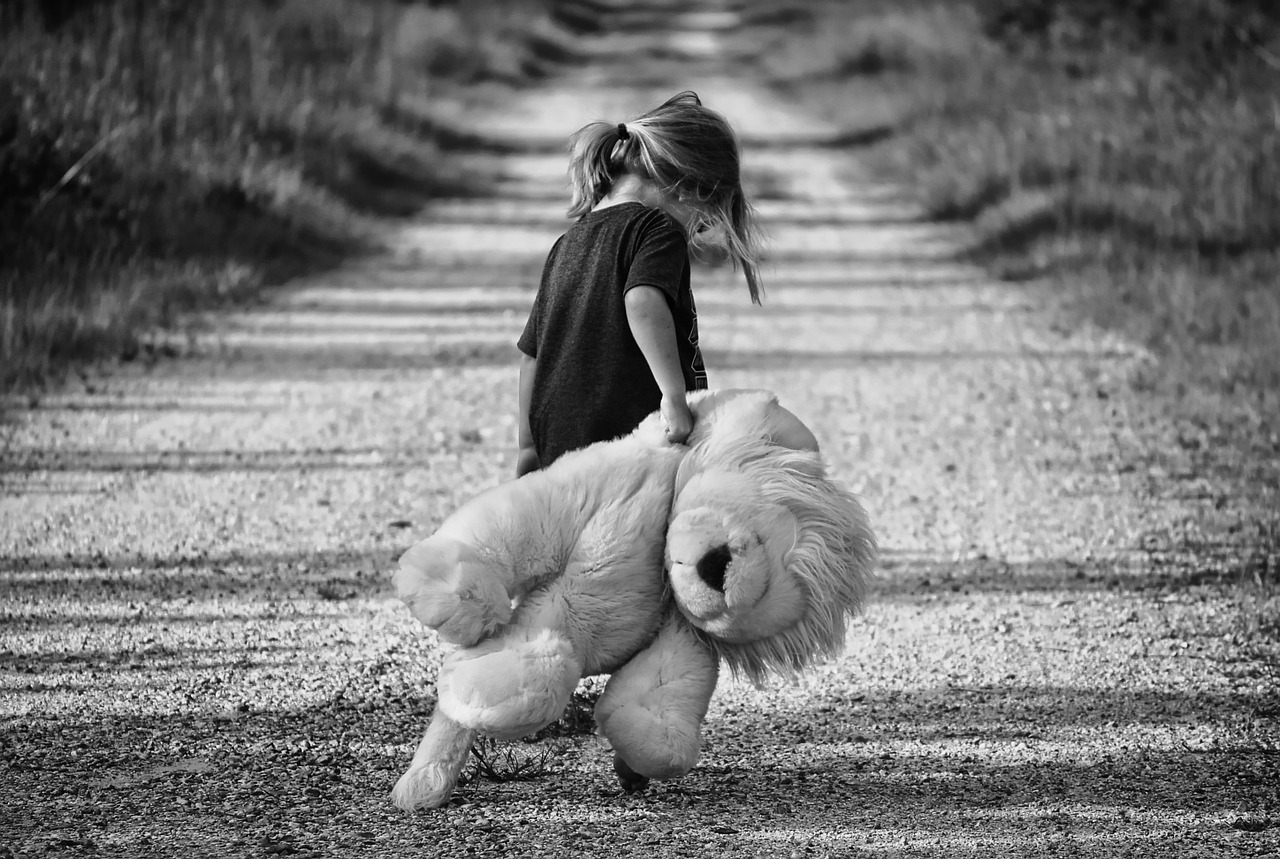
Over time, I had forgotten about that sleepover. But it came to mind recently, maybe because Heather was the first person in my life who made me feel like I was less important than her, and like I wasn’t really worth much. I don’t think she meant to do that, and I wouldn’t want her to think that I hold that against her.
Looking back, I understand the myriad of differences between us, especially in the ways in which our families were structured. And, as sorry as I feel for her, she wasn’t really the kind of kid I needed for a close friend.
Over the years, I made many other friends, from walks of life and experiences more varied than I could recount. We taught each other respect, dignity, forgiveness and love through the accidents as well as the gifts of our friendship.
I learned how easy it is to make mistakes, or to come at life with a point of view that puts you in the position of the protagonist or antagonist.
But I don’t have a curled mustache, and my eyes are a little less wide.
As I write this now, I’m in the passenger seat of our car making the drive from Chicago to Los Angeles. My husband and I are moving back home, and our time in Chicago has been (to avoid using a more colorful expletive) a crapfest in more ways than one.
I look out my window and see the desert; such a cracked, almost flaky terrain. The sparse brush, the miles and miles of uninhabited land, the sheer space. I think of the last year and feel like we’ve been in a desert.
This is one of my favorite journeys to make. My father was a speaker, educator, and social justice advocate and we used to spend months on the road as a family traveling all over the states.
When we were driving out of the Lower West Side, I looked over at Shane and said, “You know, the longer I live in the USA the more I dislike it as a nation and love it as a country.”
It’s true.

Whenever the political climate has been dismal, the arguments on social media vicious, and my own heart is broken over the hatred, rage and brokenness I see in us as a people, I have thought about the Grand Canyon. The Rockies. Yellowstone.
I’m grateful for that evening at Heather’s house, because it was the beginning of a greater understanding of the world for me.
I still believe in good and evil, but I needed experiences in my life to acquaint me with the shadowy unknown areas, the mysteries that so often go unnamed or unrecognized for what they are. People are more complicated and have more sides to them than just “good” or “evil”, and those phrases themselves are so convex and show only a portion of what is present in our motives. Real human beings don’t fall neatly into categories of “us and them”.
If I’ve learned anything from the last year and from revisiting that story from my childhood as I drive through this desert hoping to reach the ocean, it’s this: life, though far more complicated than our limited understanding can comprehend, is to be lived to the utmost.
I think of every hellish experience I had in Chicago, about every person over the years who would inadvertently or intentionally make me feel small or worthless, and I weigh that against those who loved me, and every sweet bowl of cookie dough ice cream.
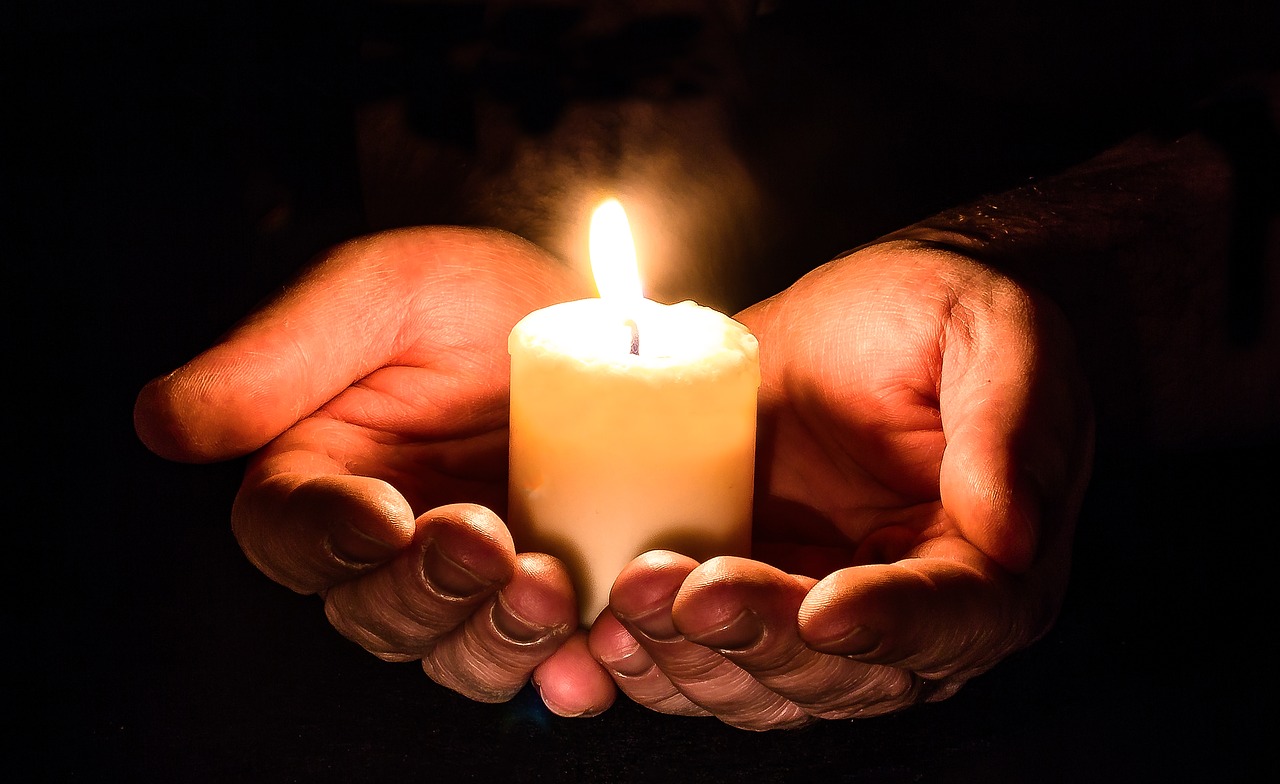
With years, and perspective, you come to see evil as weakness.
I look at our world and see war, terror, hatred, bigotry. Those things cry out loudly, but more quietly, more calmly, and with ever increasing voice, we continue to make choices to love one another and care. Every evil thing that happened in my life, including violence, terror, grief- has been washed clean by the love that followed it.
I think as creative people we long to heal the harms we see done in our world, or to feel a relief from the pain every individual encounter on earth.
In some ways, I still want to wear the cape, flex my muscles and be the “good guy”. I see the complications and disparages, the way we attack each other with differences like weapons armed, and I just want to say that we’re all important. That none of us are worthless.
That the light always ends up outshining everything else.
About the Author: Emma Gazley
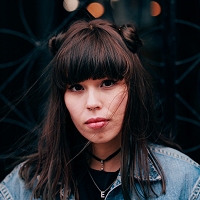 Emma Gazley is an artist, musician, writer, adventurer and teacher. Born to two adventurous parents, Emma was destined to be an explorer of the world, and from her earliest moments displayed signs of creativity and curiosity. She has spent time in Europe, Asia, Canada, and currently resides in the U.S. She began her journey of discovering her identity as an artist in 2012, after encountering critical health problems that caused her to lose her job and the ability to do most everyday activities. Many of her projects have, as a result of this event and others, a twinge of the painful and tragic aspects of life.
Emma Gazley is an artist, musician, writer, adventurer and teacher. Born to two adventurous parents, Emma was destined to be an explorer of the world, and from her earliest moments displayed signs of creativity and curiosity. She has spent time in Europe, Asia, Canada, and currently resides in the U.S. She began her journey of discovering her identity as an artist in 2012, after encountering critical health problems that caused her to lose her job and the ability to do most everyday activities. Many of her projects have, as a result of this event and others, a twinge of the painful and tragic aspects of life.
Emma is interested in learning about grief and how to cope with it, as well as passionate about finding joy in the day to day.
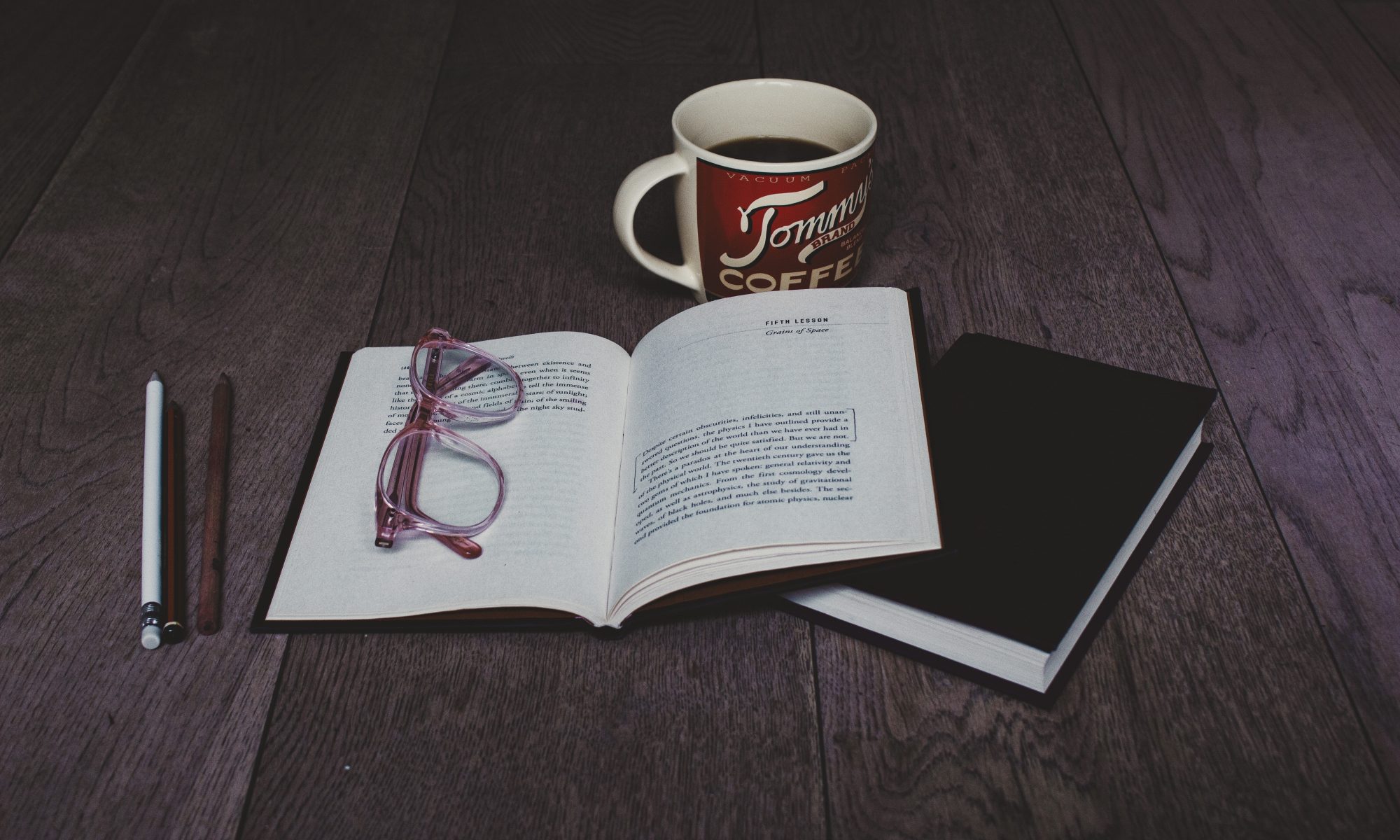
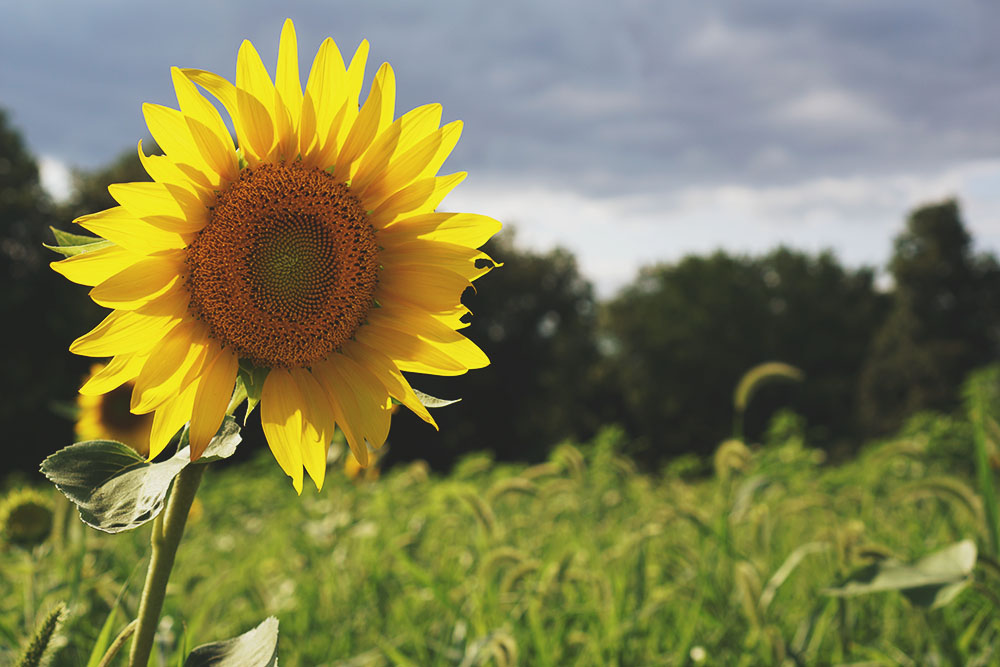
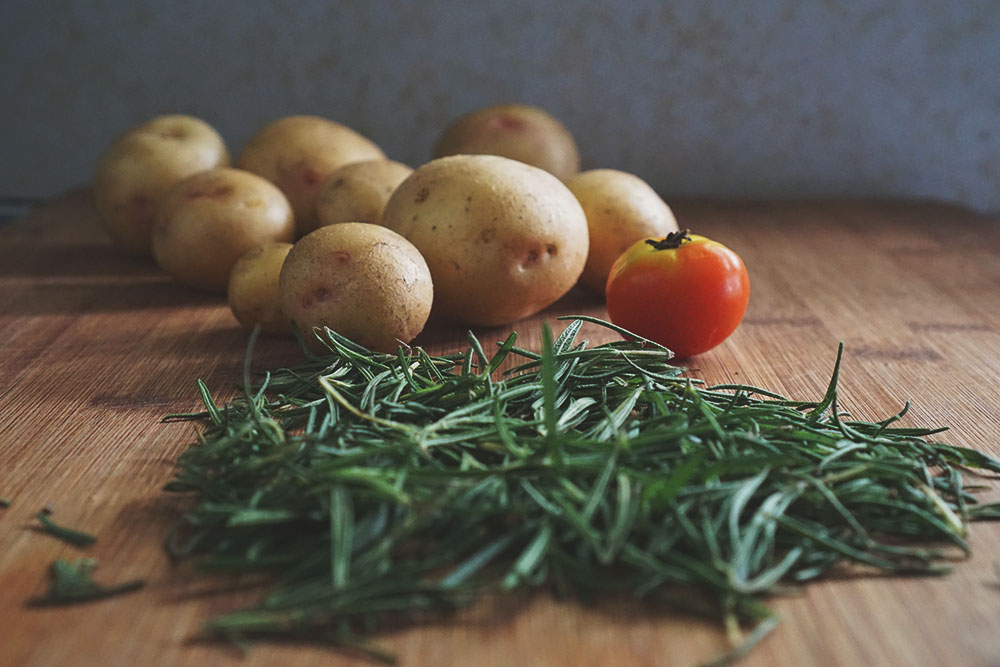
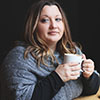 Bella Cirovic is a photographer and writer who lives with her husband and daughter in the suburbs outside of NYC. She writes on the subjects of self care, body love and nourishment, crystals, essential oils, and family life. Catch up with Bella at her blog:
Bella Cirovic is a photographer and writer who lives with her husband and daughter in the suburbs outside of NYC. She writes on the subjects of self care, body love and nourishment, crystals, essential oils, and family life. Catch up with Bella at her blog: 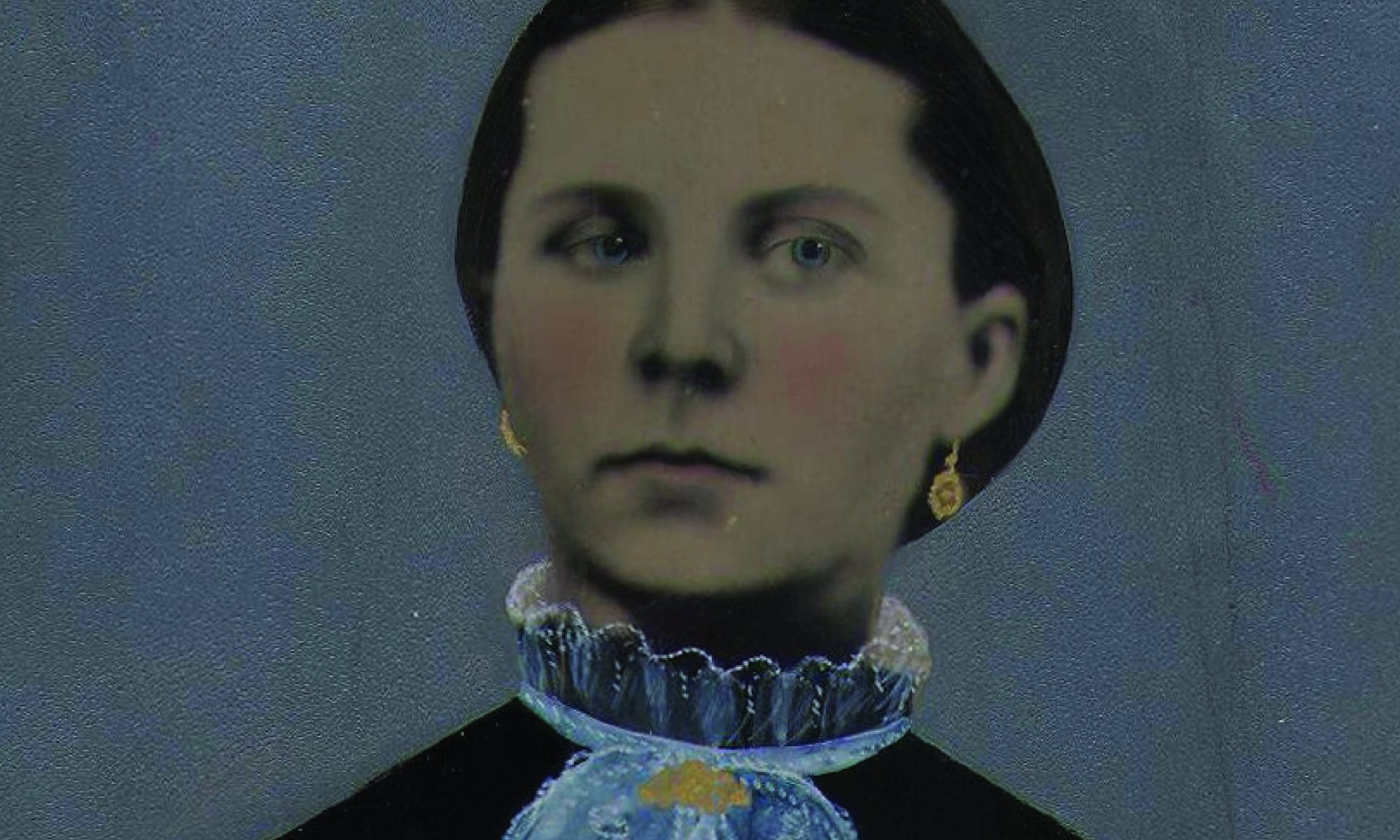
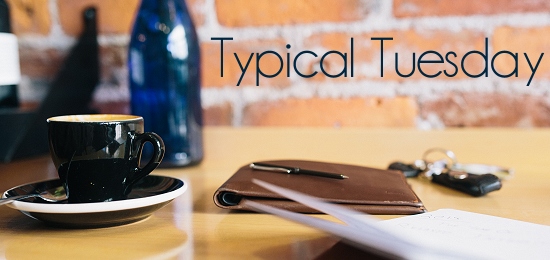
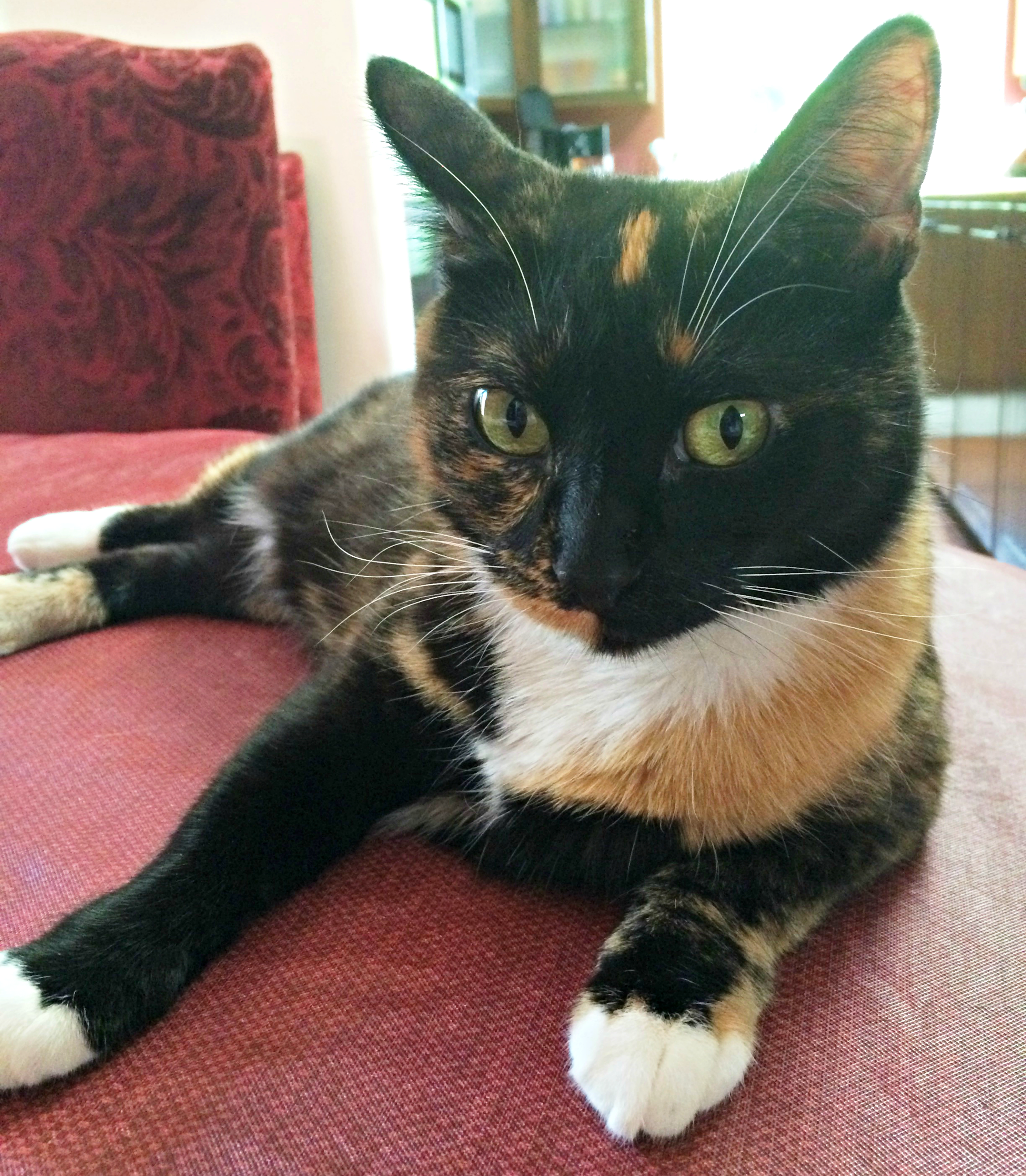

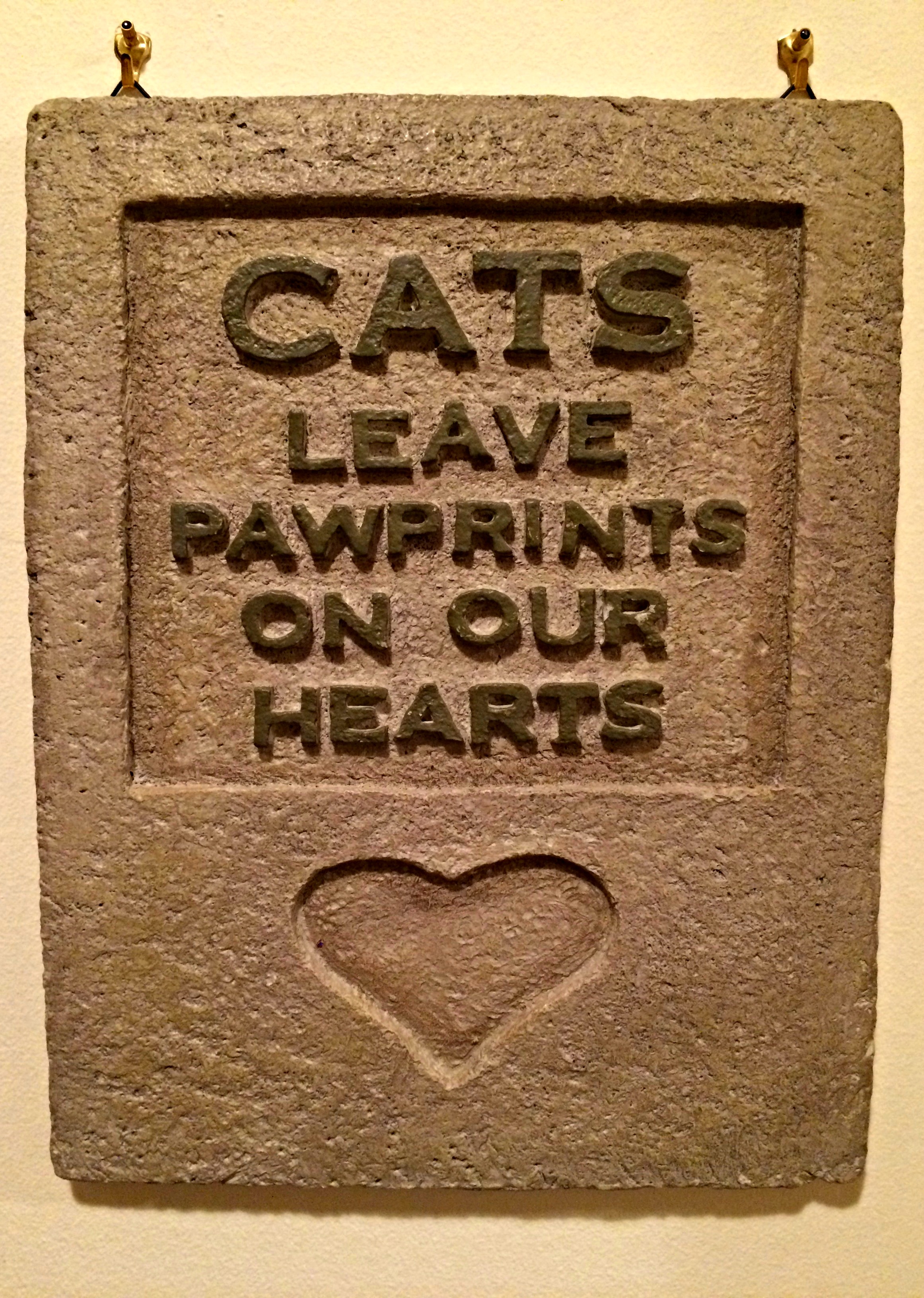
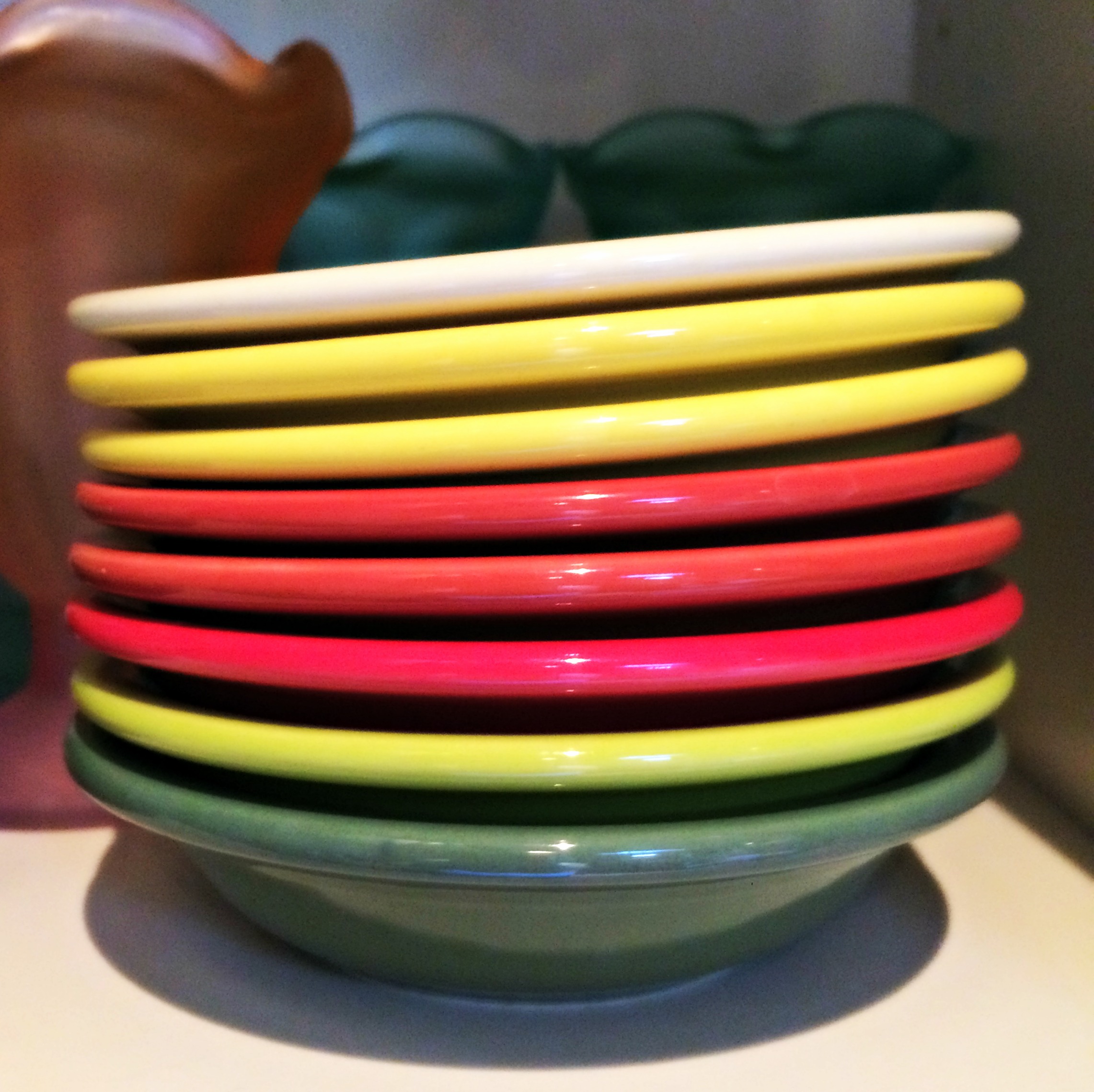
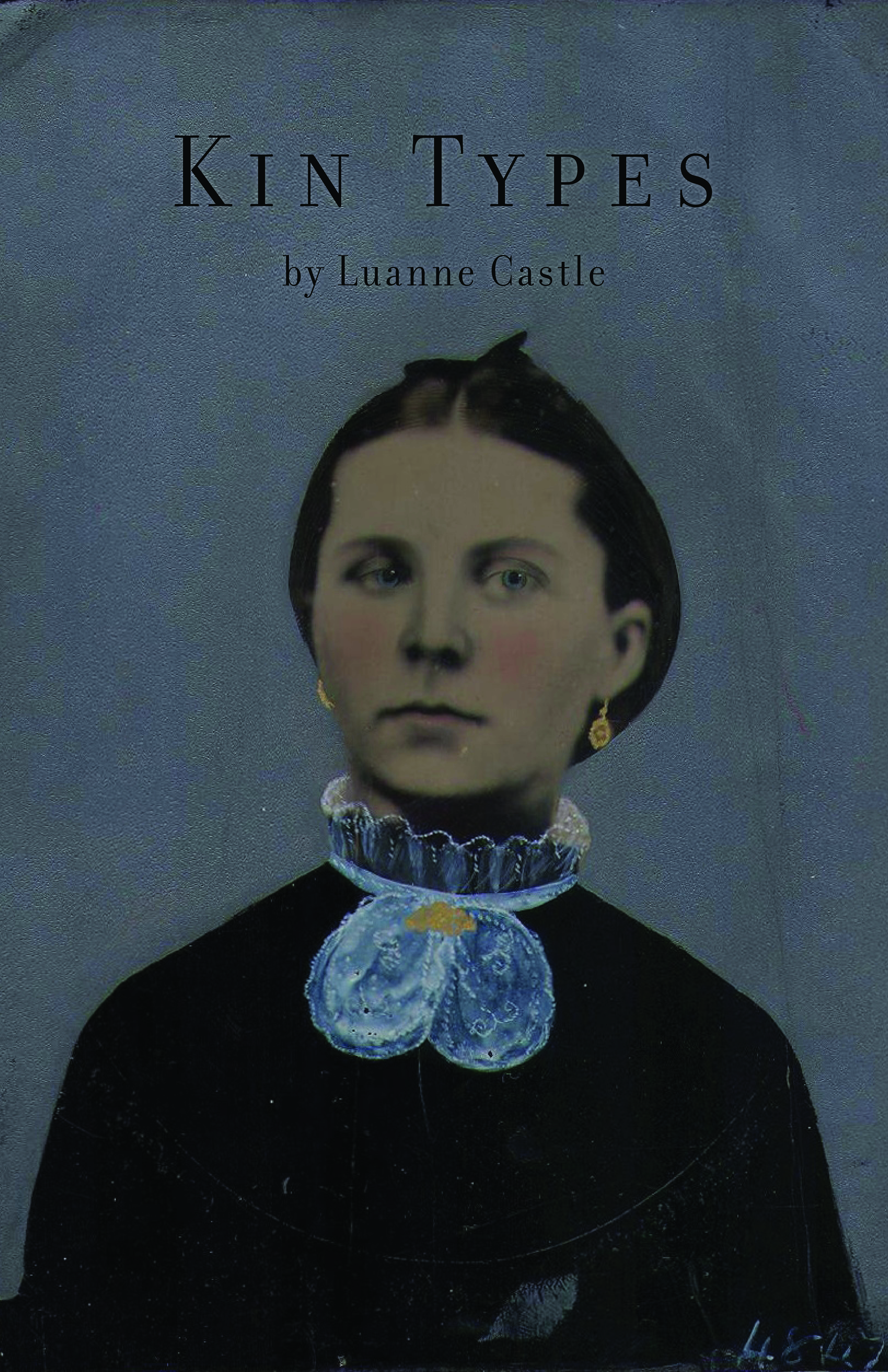
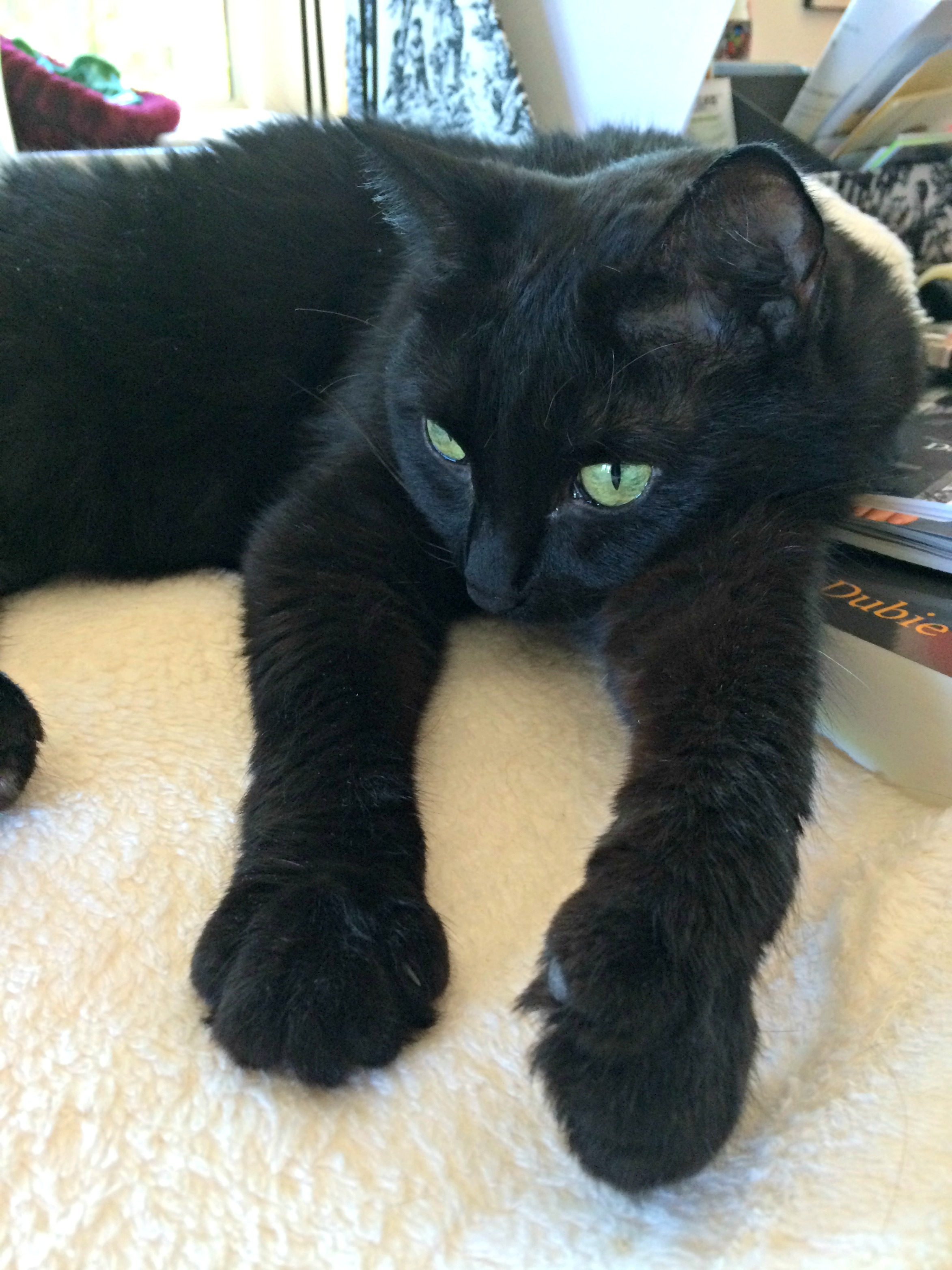
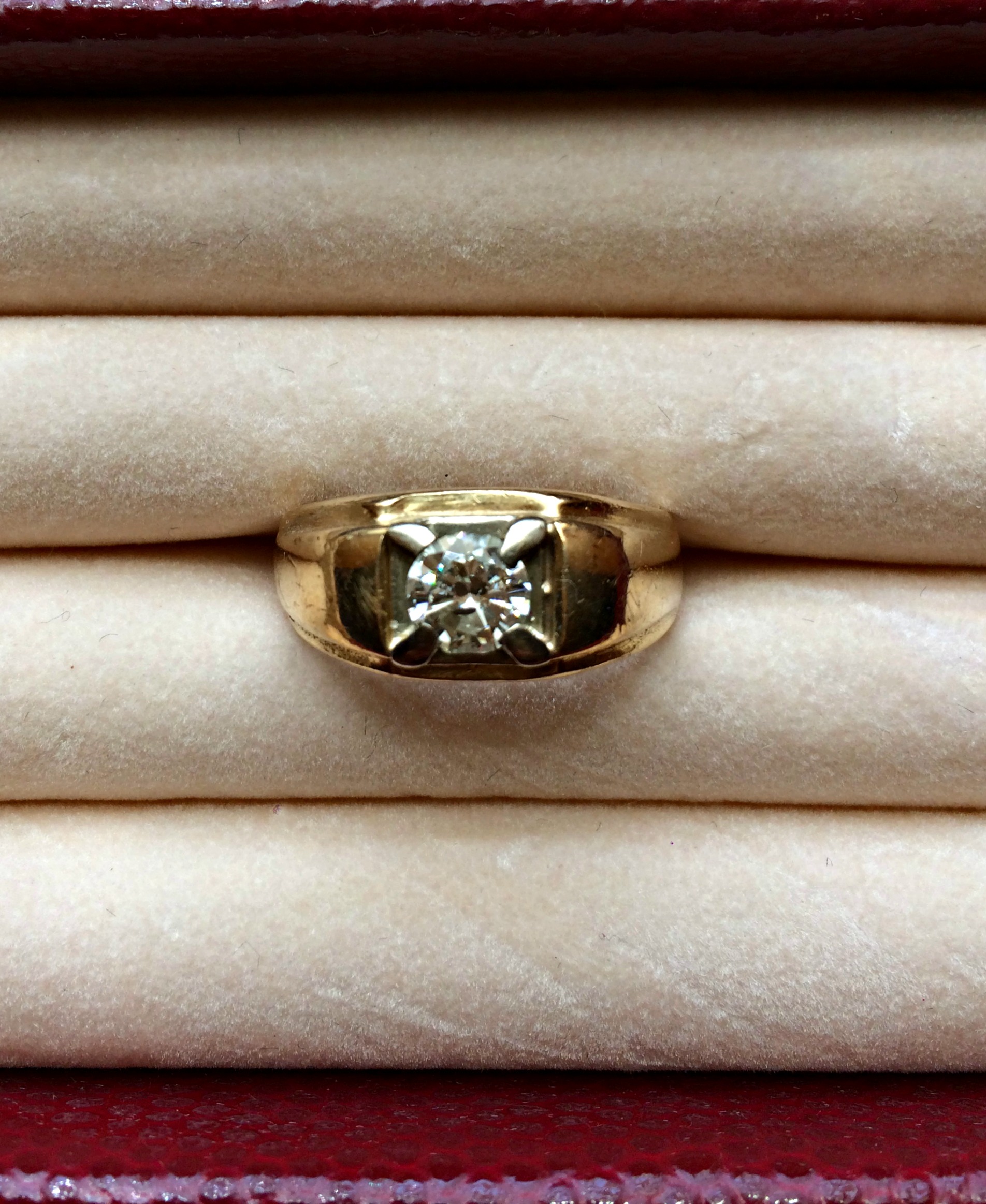
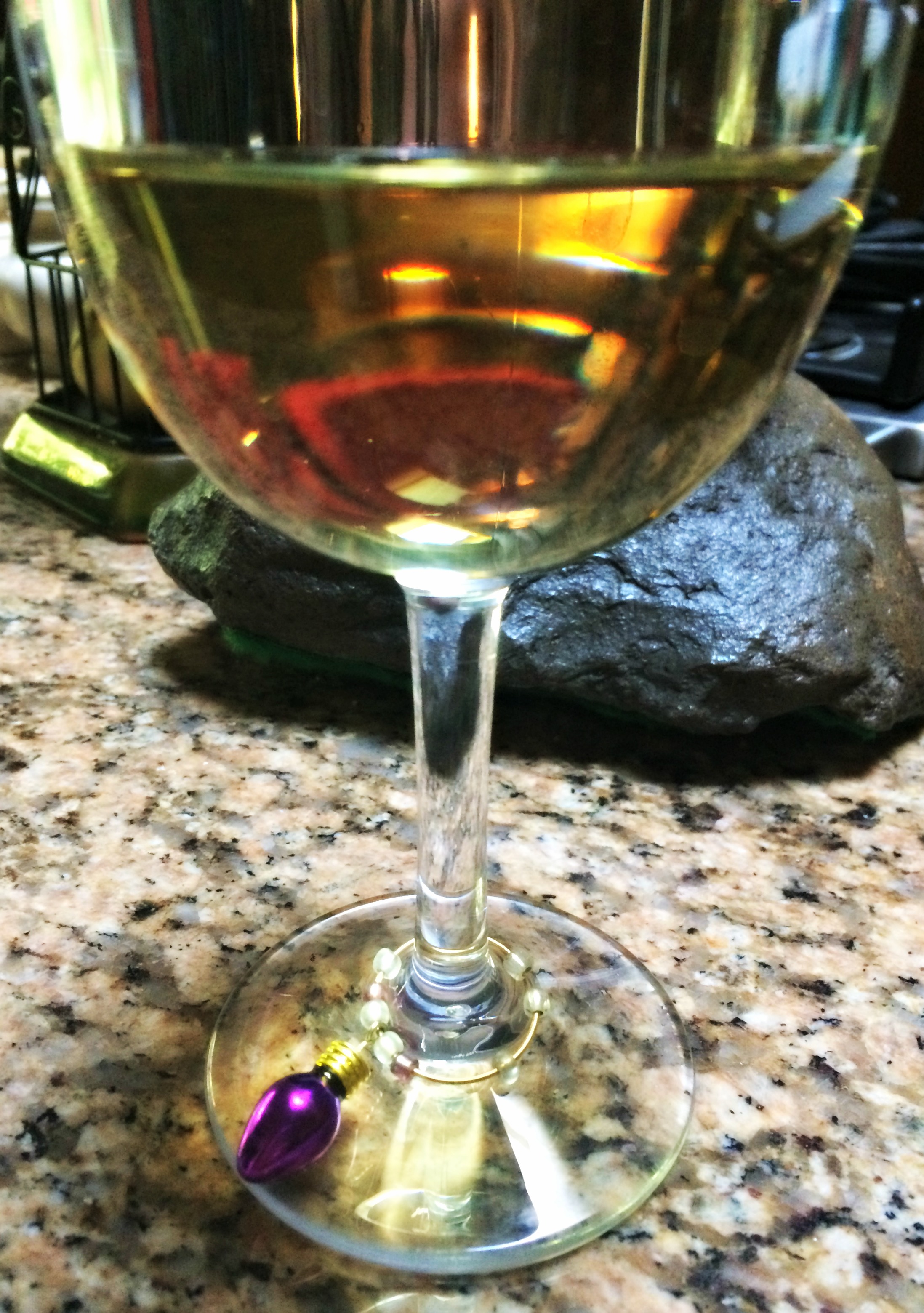
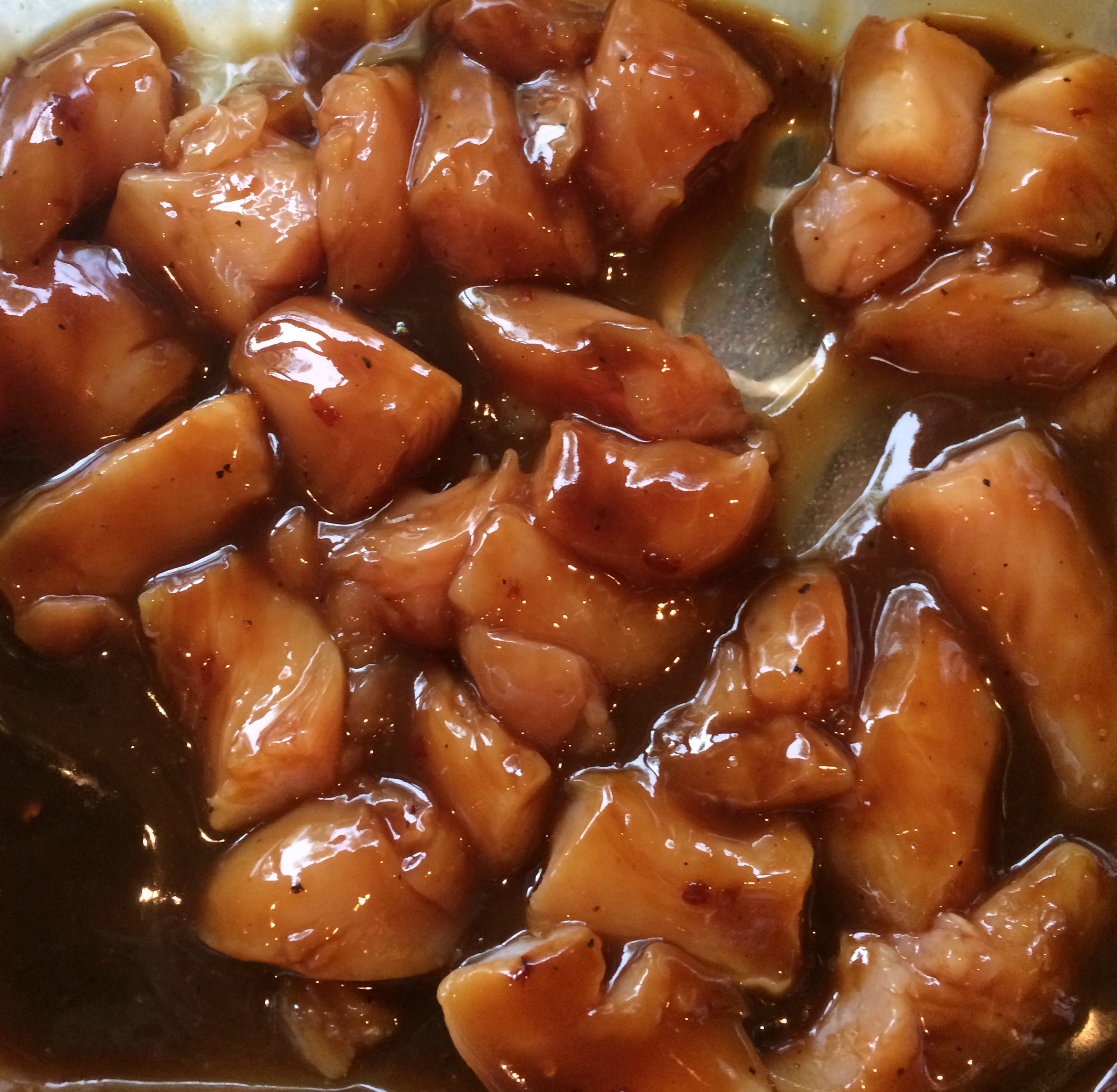
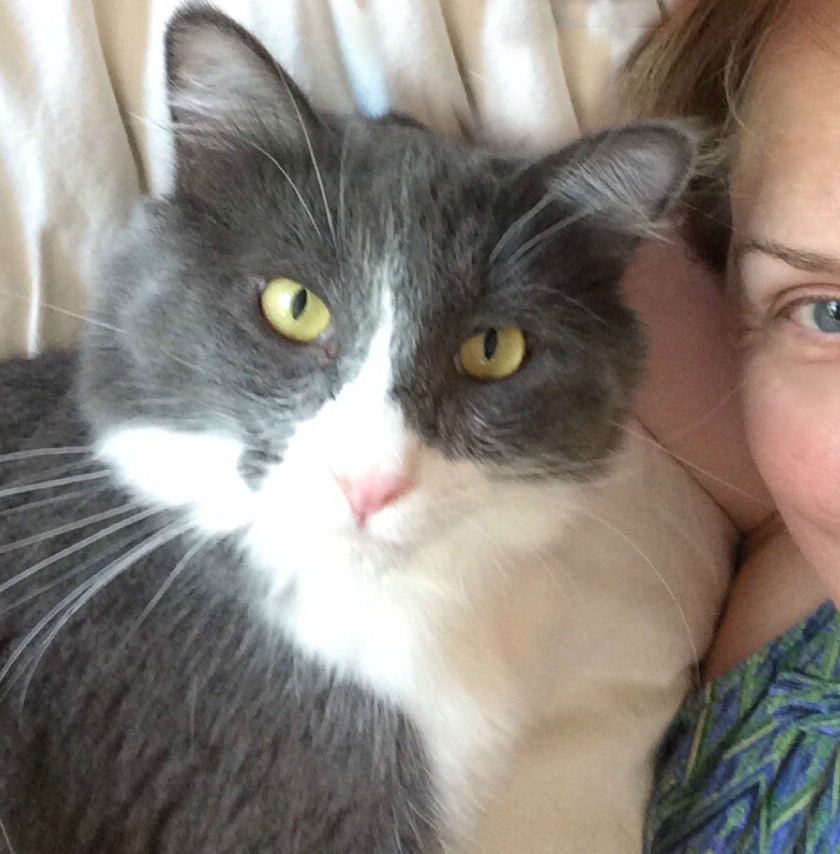
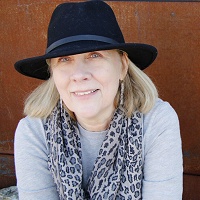 Winner of the 2015 New Mexico-Arizona Book Award, Doll God,
Winner of the 2015 New Mexico-Arizona Book Award, Doll God, 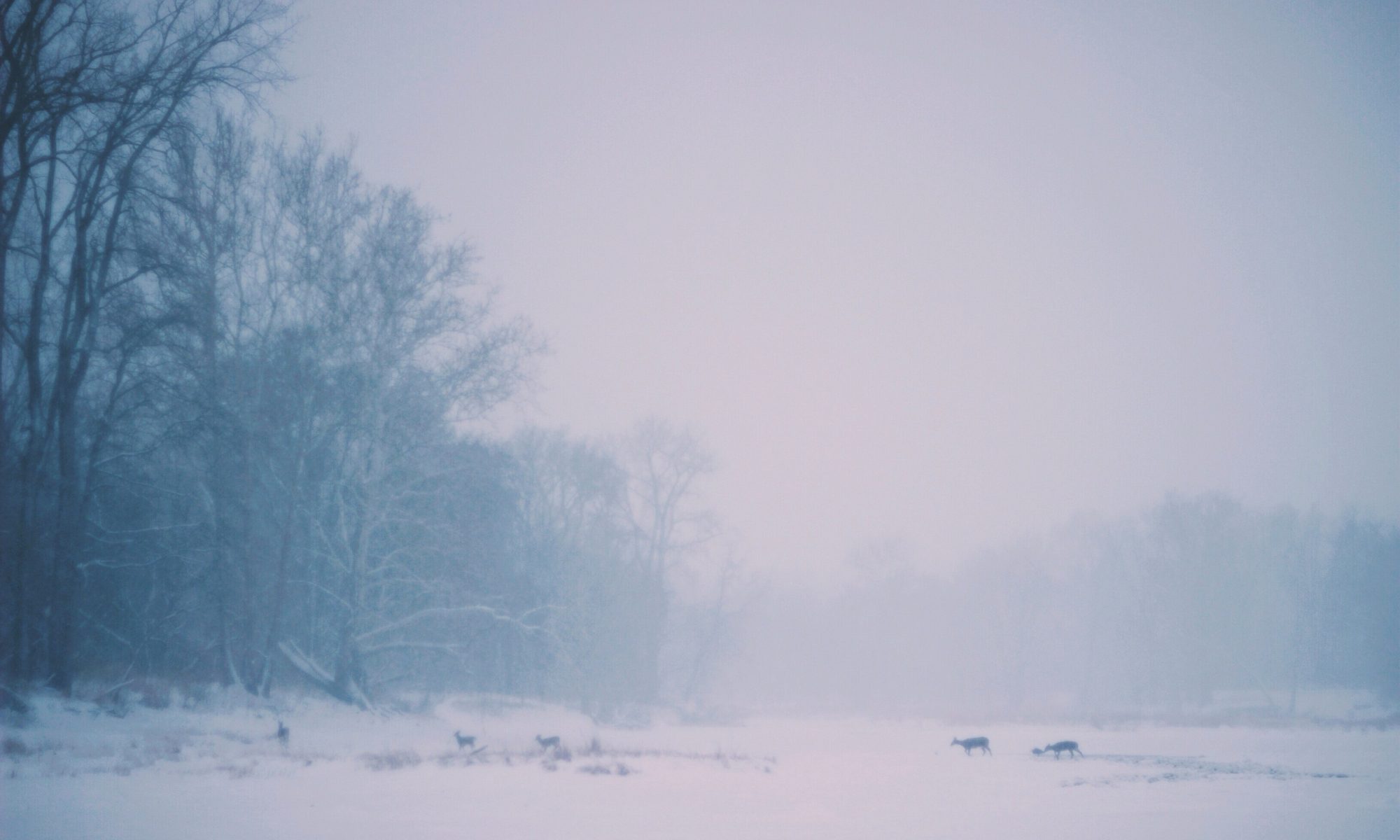
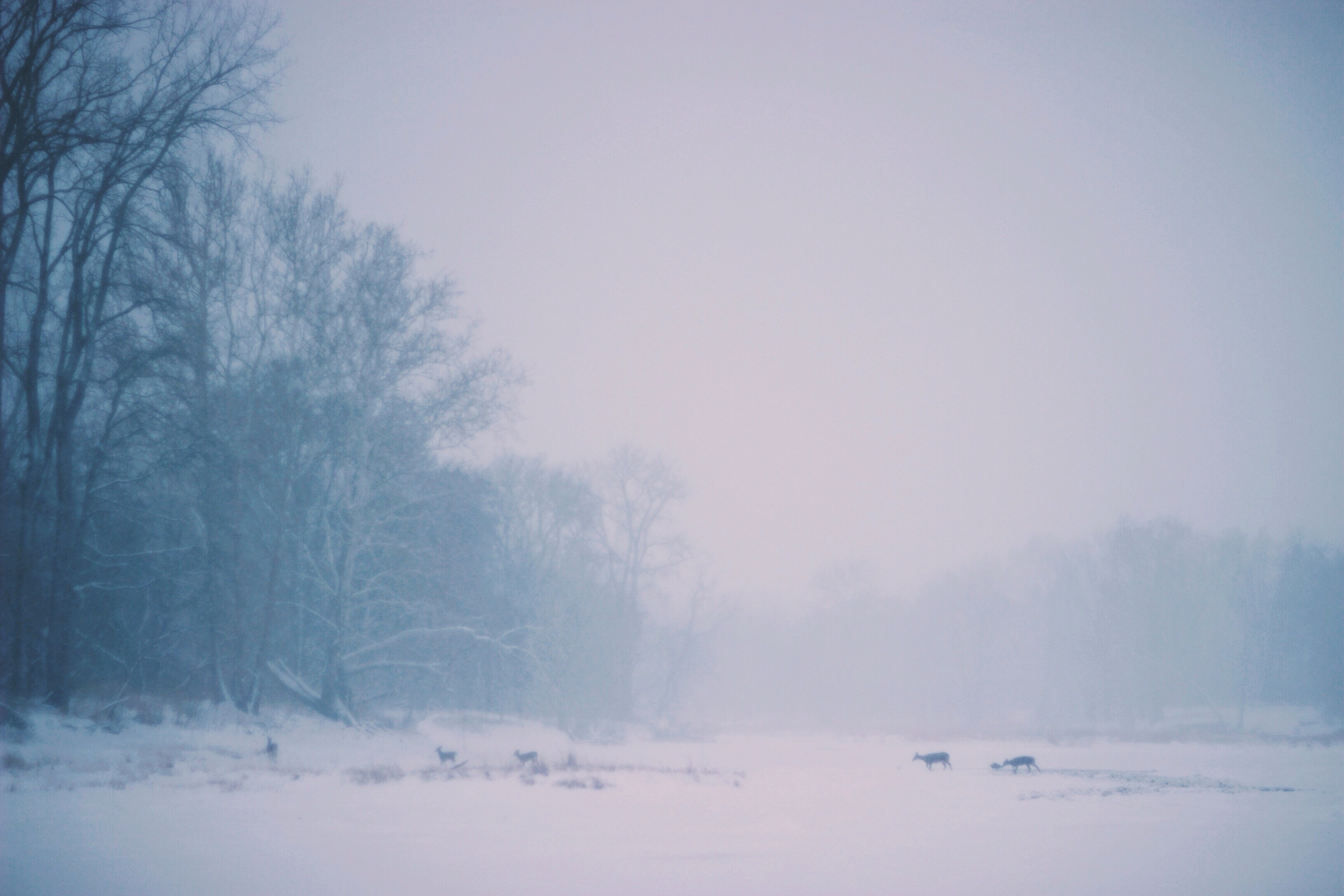
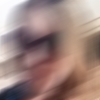

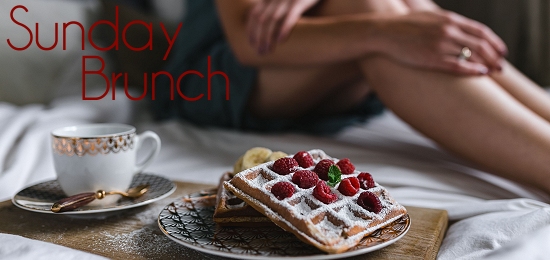

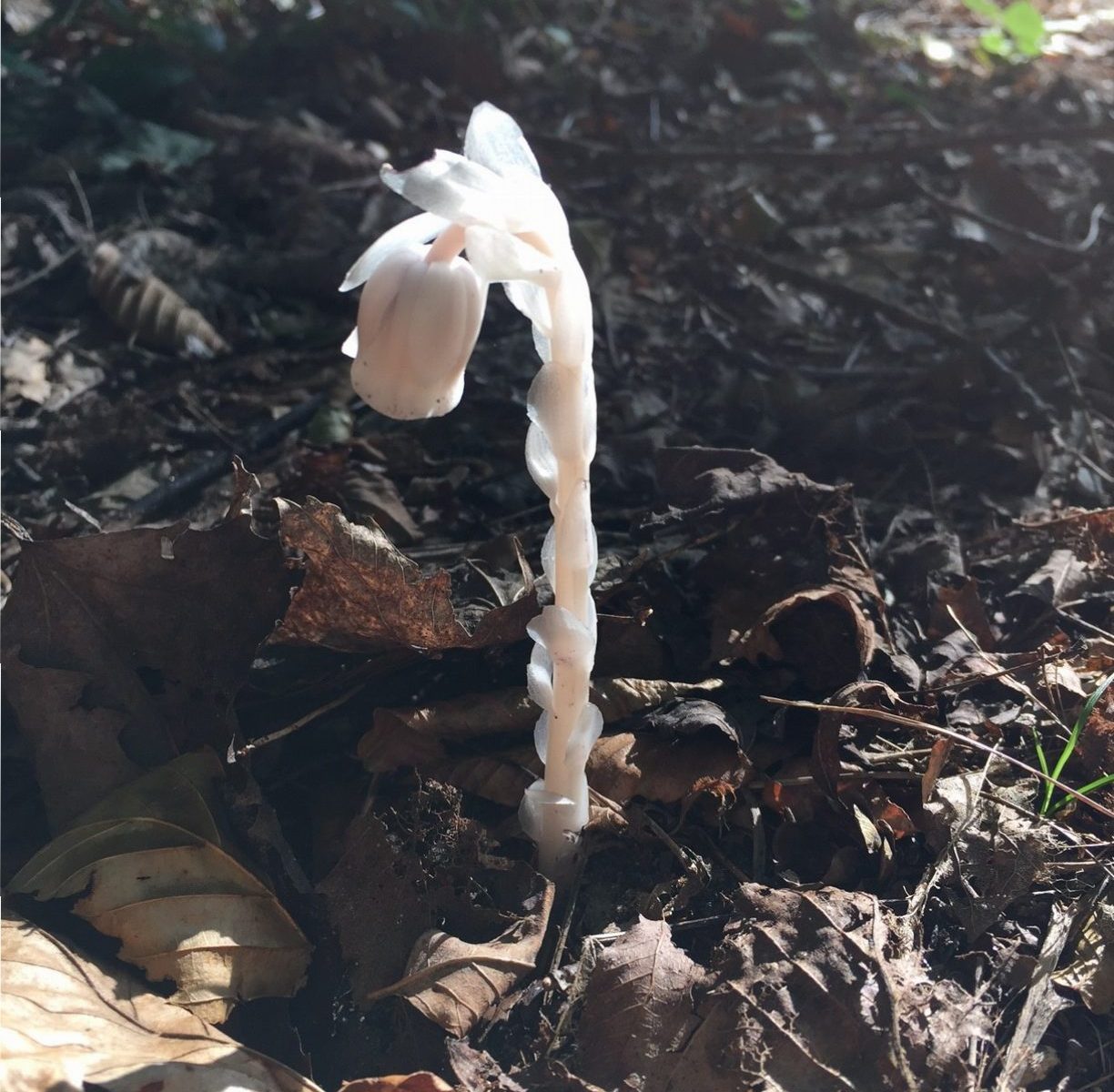
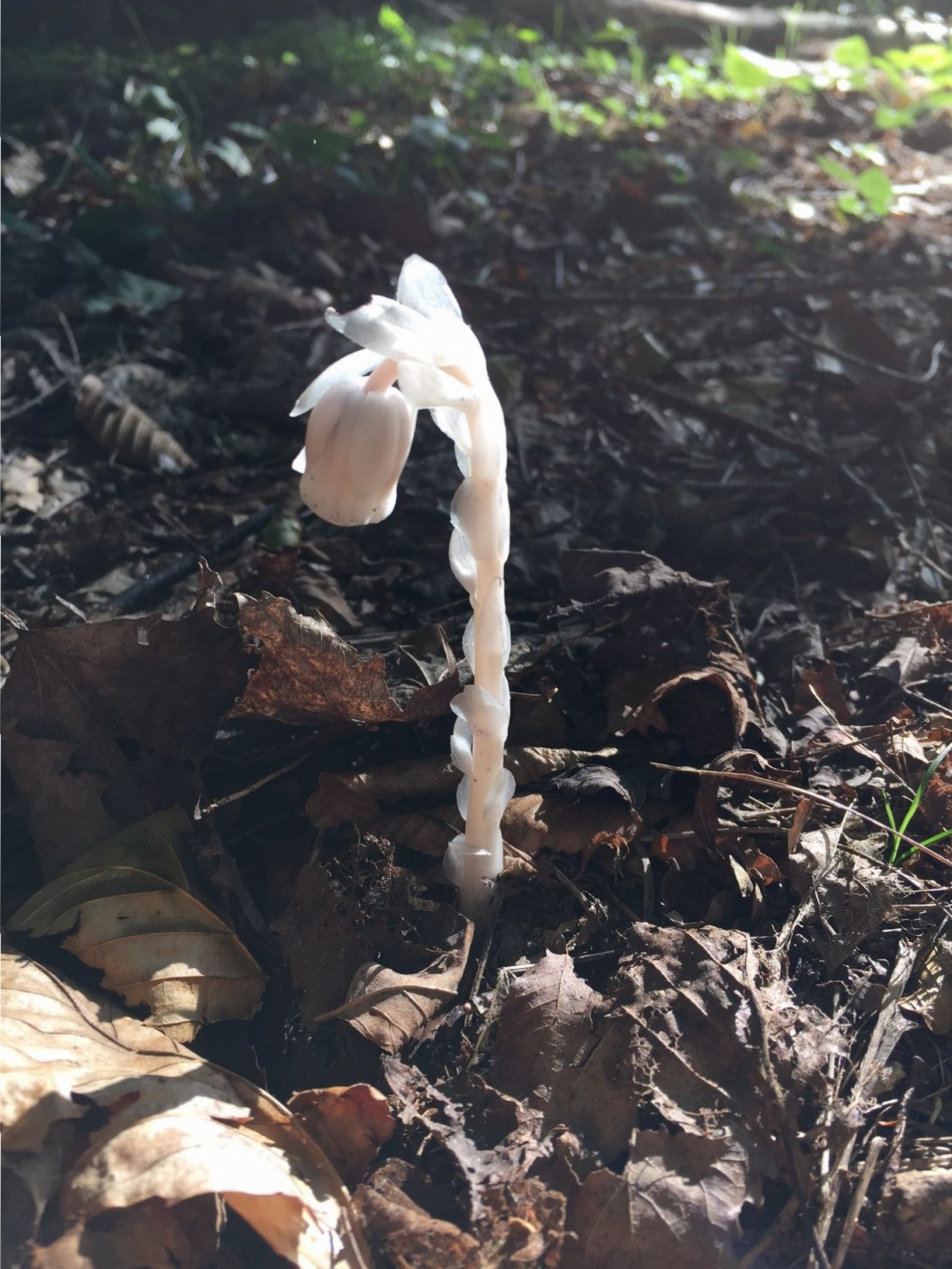
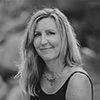 Christine Mason Miller is an author and artist who has been inspiring others to create a meaningful life since 1995. T
Christine Mason Miller is an author and artist who has been inspiring others to create a meaningful life since 1995. T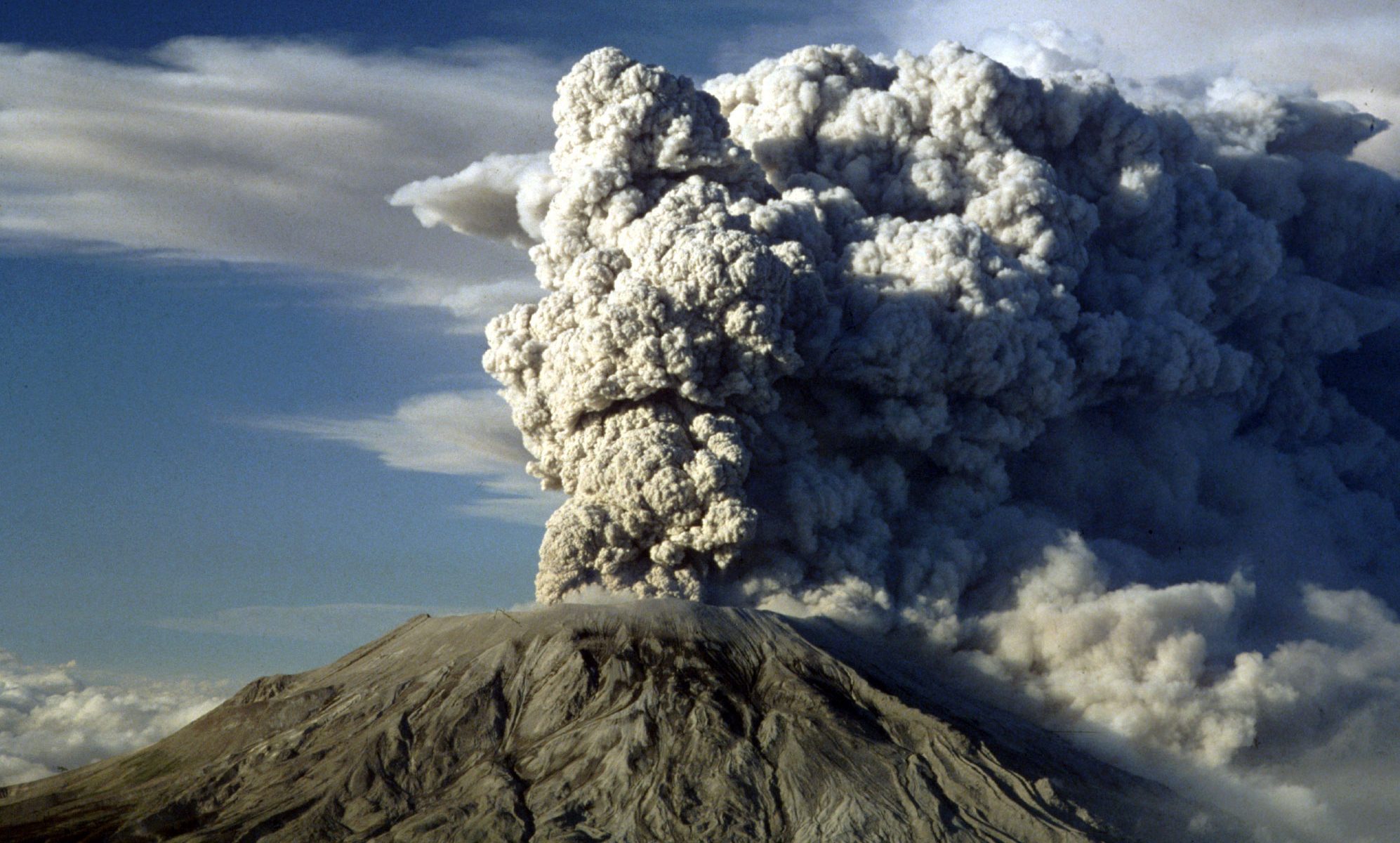

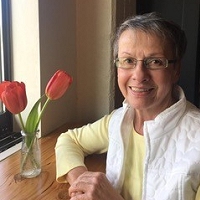 Pat Phillips West lives in Olympia, WA. A Pushcart and Best of the Net nominee, her work has appeared in Haunted Waters Press, Persimmon Tree, VoiceCatcher, San Pedro River Review, Slipstream, Gold Man Review and elsewhere.
Pat Phillips West lives in Olympia, WA. A Pushcart and Best of the Net nominee, her work has appeared in Haunted Waters Press, Persimmon Tree, VoiceCatcher, San Pedro River Review, Slipstream, Gold Man Review and elsewhere.